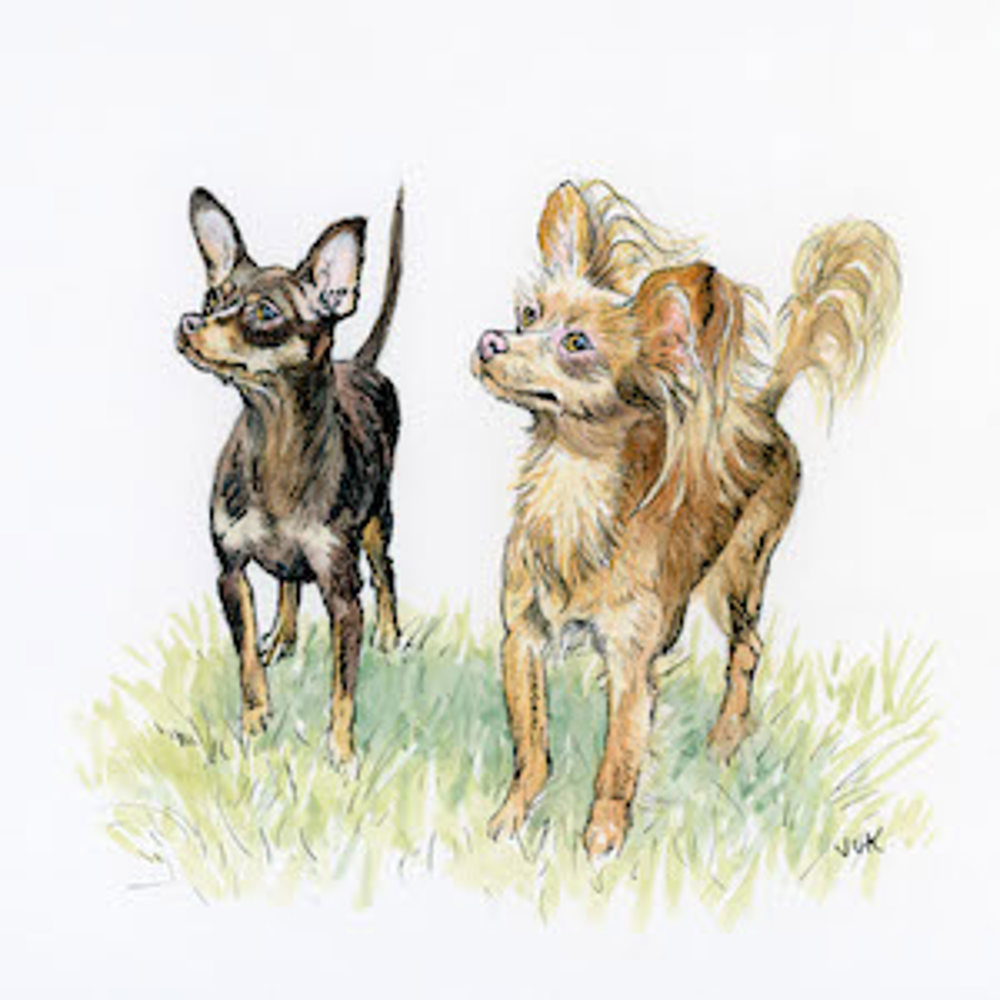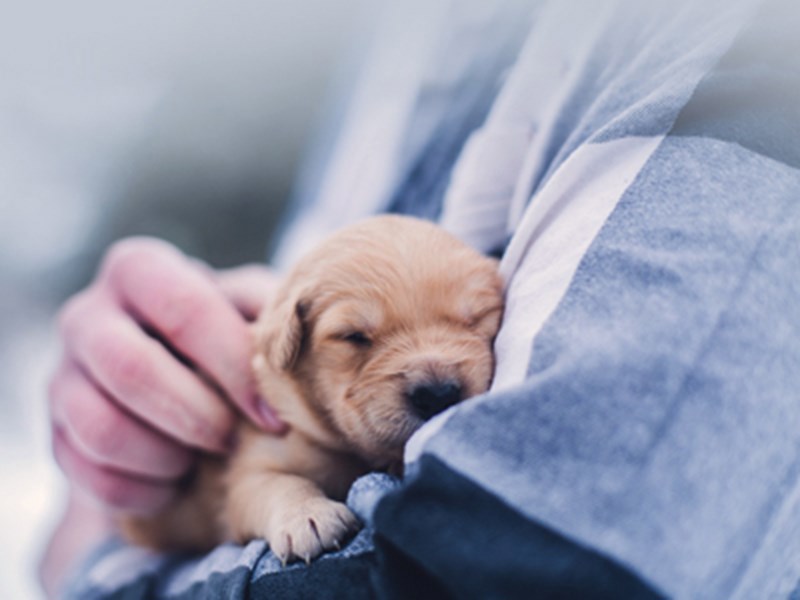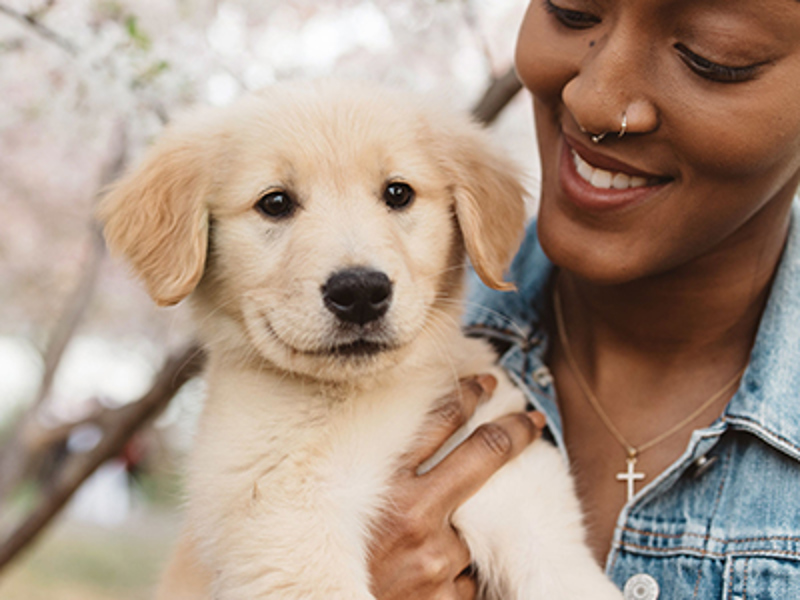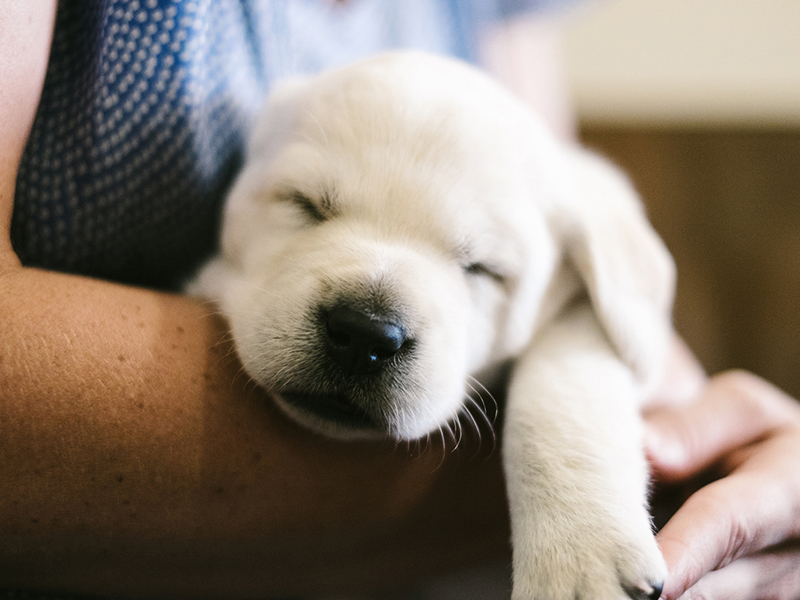
Russian Toy (Imp)
Breed characteristics
- Size
- Small
- Exercise
- Up to 1 hour per day
- Size of home
- Flat/ Apartment
- Grooming
- Every day
- Coat length
- Short
- Sheds
- Yes
- Lifespan
- Over 12 years
- Vulnerable native breed
- No
- Town or country
- Either
- Size of garden
- Small/ medium garden
About this breed
A small, lively, active, square breed which comes in two coats, smooth and long haired, in colours of black & tan, blue & tan and red. The coat is not thick and should not obscure the body shape, ears are pricked with fringing.
They were bred originally as watch dog and ratter. They are very loyal to their family but are very willing to please, and as such are suitable to train for Agility and mini Obedience. The breed was popular in Russia in the early 1900s but declined and has only recently been revived.
A suitable breed for those with not much space but wanting a dog that needs and enjoys some exercise.
Images for this breed
The Toy breed group
The Toy breeds are small companion or lap dogs. Many of the Toy breeds were bred for this capacity although some have been placed into this category simply due to their size. They should have friendly personalities and love attention. They do not need a large amount of exercise and some can be finicky eaters.
Breed standard colours
Breed standard colour means that the colour is accepted within the breed standard and is a traditional and well-known colour in this breed.
Breed standard colours in this breed include:
- Black & Tan
- Blue & Tan
- Brown & Tan
- Cream
- Fawn
- Lilac and tan
- Red of any shade, with or without black, brown, blue or lilac overlay
- Richer shades in all colours preferred.
- White markings not permitted.
Other colour/s
'Other' means you consider your puppy to be a colour not currently known within the breed and one that does not appear on either the breed standard or non-breed standard list. In this instance you would be directed through our registrations process to contact a breed club and/or council to support you on identifying and correctly listing the new colour.
Non-breed-standard colours
Non-breed-standard colour means that the colour is not accepted within the breed standard and whilst some dogs within the breed may be this colour it is advised to only select a dog that fits within the breed standards for all points.
Colour is only one consideration when picking a breed or individual dog, health and temperament should always be a priority over colour.
Health
Whether you’re thinking of buying a puppy, or breeding from your dog, it’s essential that you know what health issues may be found in your breed. To tackle these issues we advise that breeders use DNA tests, screening schemes and inbreeding coefficient calculators to help breed the healthiest dogs possible.
More about health
Important health schemes and tests
We strongly recommend that all breeders, both assured breeders (ABs) and non ABs, use the following (or equivalent) schemes, tests and advice.
- Eye screening scheme (BVA/KC/ISDS)
- Check inbreeding calculators
- Breed club – patella testing (find out more about patella luxation)
Currently there are no additional health screening schemes or DNA tests for this breed. You may want to speak to your breeder, vet or local breed club about any health issues in the breed.
Find out about a particular dog's results
Please visit our Health Test Results Finder to discover the DNA or screening scheme test results for any dog on The Kennel Club's Breed Register.
You can also view the inbreeding coefficient calculation for a puppy's parents, or for a dog you're thinking of breeding from.
Have any questions about health in your breed?
If you have any concerns about a particular health condition in your breed then you may wish to speak to your vet or you could contact your breed health co-ordinator.
Breed health co-ordinators are individuals working on behalf of breed clubs and councils who are advocates for the health and welfare of their chosen breed. They acts as a spokesperson on matters of health and will collaborate with The Kennel Club on any health concerns the breed may have.
To contact your breed health co-ordinator please email
Breed watch
Category 1
Currently no points of concern specific to this breed have been identified for special attention by judges, other than those covered routinely by The Kennel Club's breed standard.
Breeding restrictions
There are a number of The Kennel Club's rules and regulations that may prevent a litter from being registered, find out about our general and breed specific breeding restrictions below.
More about breeding
There are not currently any additional breed specific restrictions in place for this breed.
Looking for a puppy?
Looking for a Russian Toy (Imp)? Explore our list of puppies and rescue dogs for sale near you.
More information

Need to find out more about a breed?
Use our Find a Club service where you can locate breed clubs that can offer support and advice.

Use our Find a Puppy service
The Kennel Club's Find a Puppy service provides contact details for breeders who have puppies available. Let's help you find your new best friend.

Get the best lifetime pet insurance
At Kennel Club Pet Insurance, we want you to focus on getting the best possible treatment for your dog without worrying about the cost.
